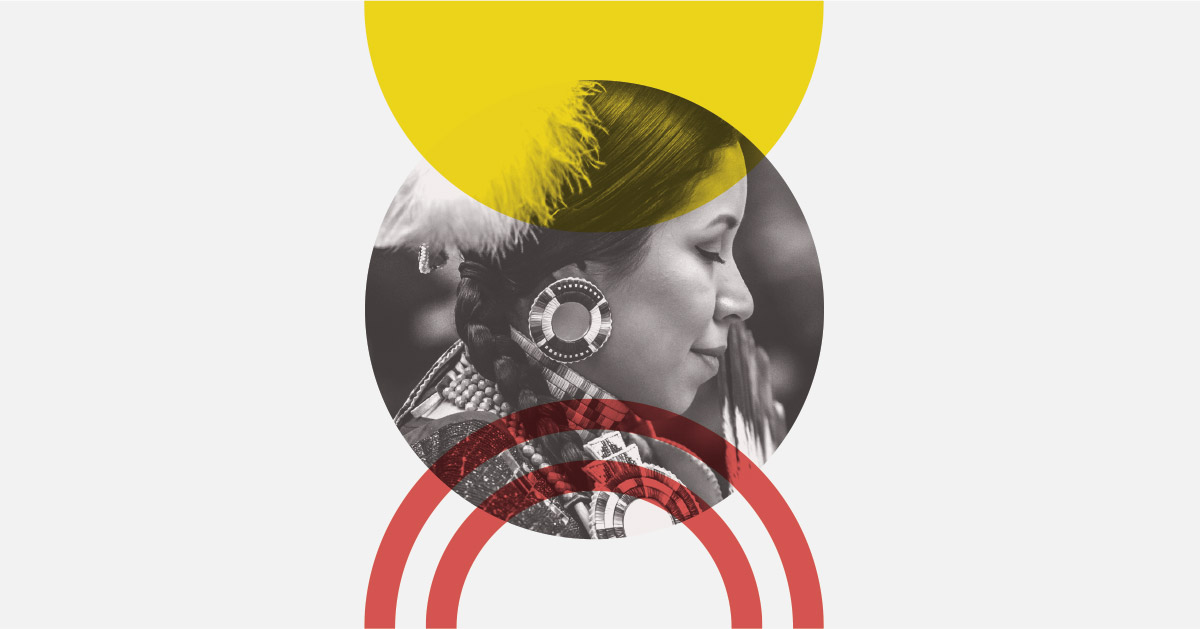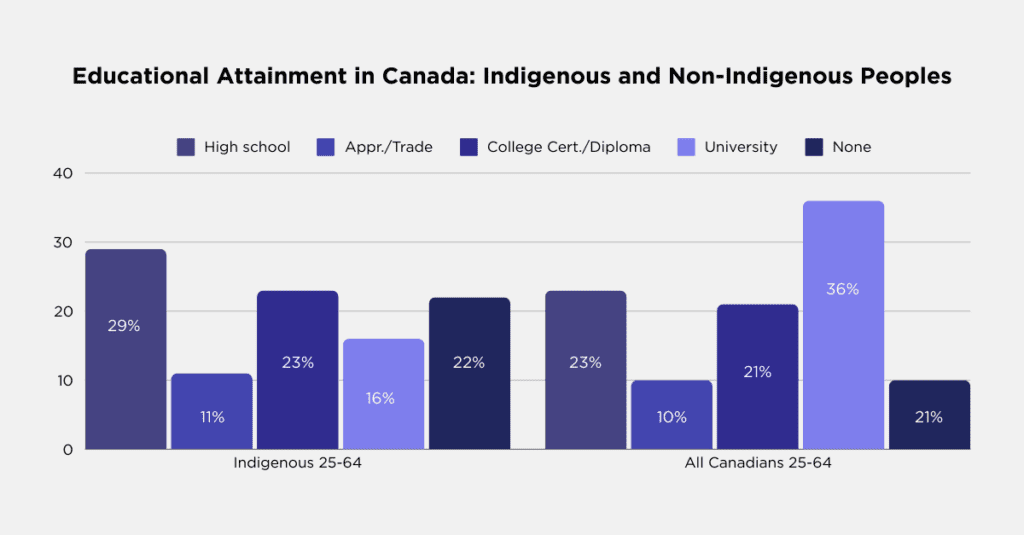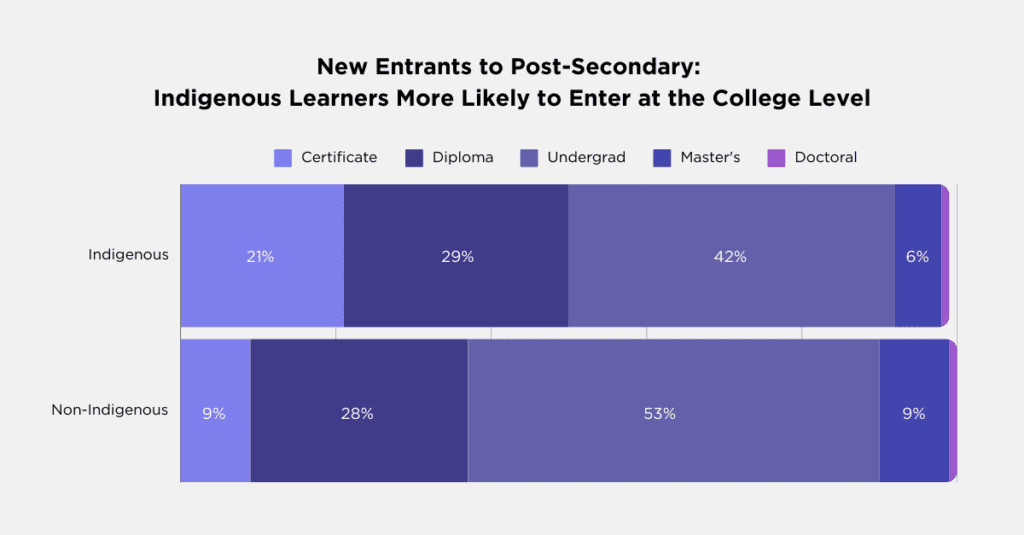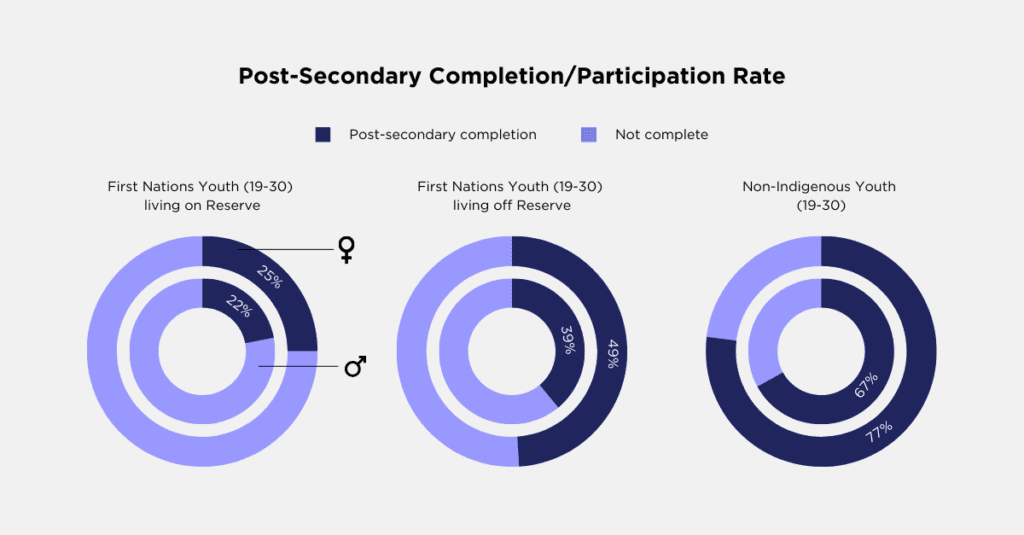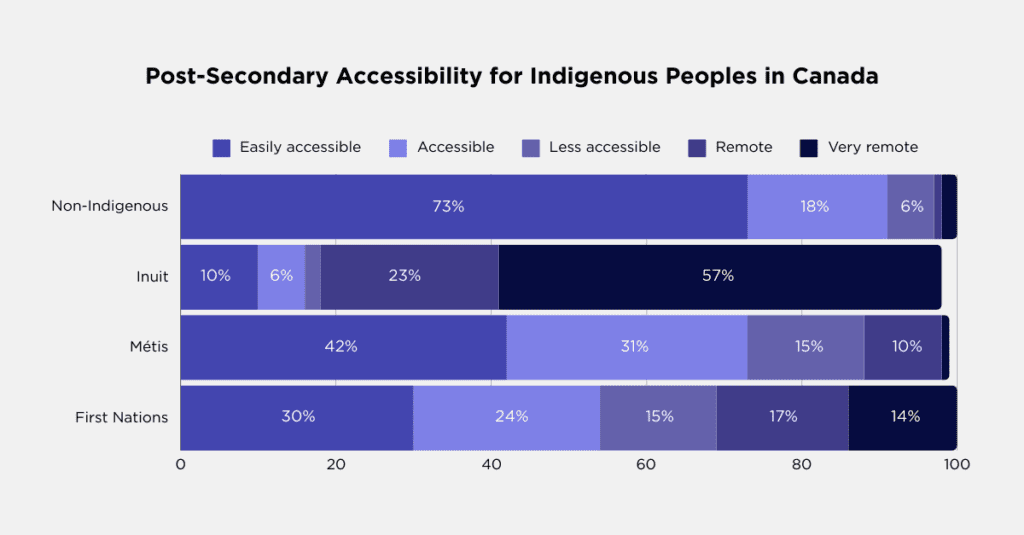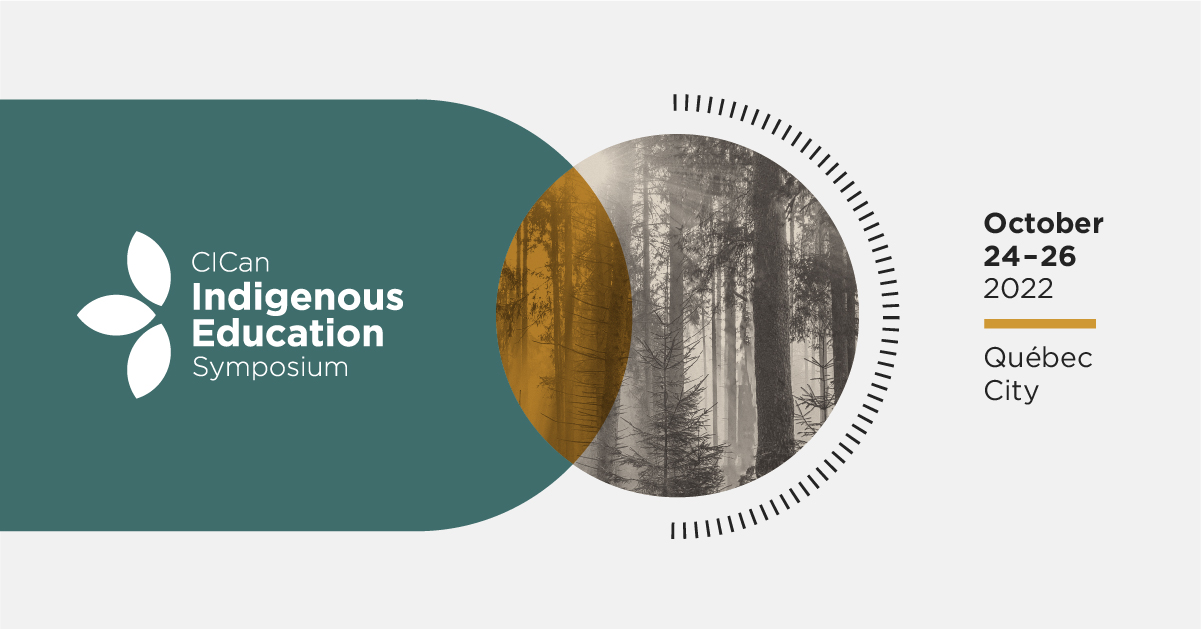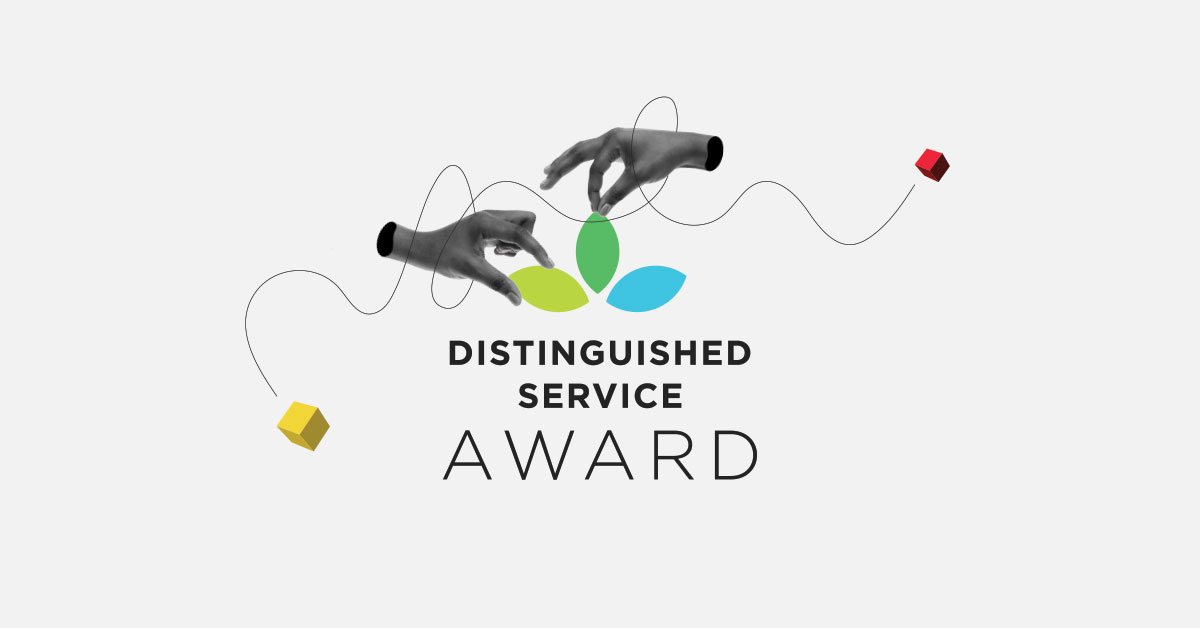Colleges and Institutes are key providers of applied postsecondary education for Indigenous communities across Canada. They are often the only postsecondary institution present in remote northern communities and many of them have been working actively to create curriculums that respect indigenous values and cultures.
Colleges and institutes respect and recognize that Indigenous people include First Nation, Métis and Inuit people, having distinct cultures, languages, histories and contemporary perspectives.
They recognize that indigenous education emanates from the intellectual and cultural traditions of Indigenous peoples in Canada. They also believe that Indigenous education will strengthen colleges’ and institutes’ contribution to improving the lives of learners and communities.
In order to reaffirm the importance of Indigenous education, Colleges and Institutes Canada, in consultation with its members and partners in indigenous communities has developed an Indigenous Education Protocol. This important document underscores the importance of structures and approaches required to address Indigenous peoples’ learning needs and support self-determination and socio-economic development of Indigenous communities.
This protocol is founded on seven principles that aim to guide the institutions who will agree to sign on to this aspirational document.
Embed the mandate to serve Indigenous learners and communities in colleges’ and institutes’ strategic plans to ensure Indigenous learner needs are considered in institutional planning and decision-making.
Ensure Indigenous representation on college and institute Boards of Governors, Program Advisory Committees, Student Associations through delegated seats for First Nation, Métis and Inuit leaders, and allow for parallel Indigenous Advisory Councils and Elder/Métis Senator Councils.
Transition and upgrading programs:
- Build linkages and partnerships between K-12 and post-secondary education systems, including the availability of dual-credit options between colleges/institutes and high schools;
- Integrate Indigenous-focused upgrading programs or modules into standard provincial upgrading programs;
- Offer flexibility in the delivery of transition programs to allow adult learners to pause and restart programs as required due to family, community or work obligations; and
- Use culturally relevant assessment tools, which may differ for First Nation, Métis and Inuit learners.
College and institute curriculum:
- Capture and reflect history, including oral history, as understood by Indigenous peoples, across curriculum;
- Promote and support the preservation of Indigenous languages;
- Embed intellectual and cultural traditions of Indigenous peoples;
- Combine educational pedagogy and epistemology infused with Elder/Métis Senator knowledge;
- Confront the legacy of residential schools, recognizing the challenge of institutional settings and supporting healing and reconciliation; and
- Recognize that Indigenous knowledge can benefit all learners (e.g. environment, justice) and have processes for two-way sharing (e.g. both scientific and traditional ways).
Learning Approaches:
- Offer flexibility in program and course delivery and allow for stop-out and start-up options;
- Develop and deliver community-based education and training programs that are aligned with the economic, social development and labour market needs of Indigenous communities, recognizing that First Nation, Métis and Inuit peoples are distinct and that their communities will differ in terms of the education programs required;
- Legitimize traditional knowledge by giving post-secondary credits for this knowledge, as for other skills and areas of expertise.
- Acknowledge the territory and land on which colleges and institutes are located and serve and integrate the use of Indigenous language at events, ceremonies and meetings.
- Include traditional ways of doing and being in the processes associated with institutional functioning (e.g. Elder/Métis Senator opening words/prayers, feasts, drum dancing, healing circles / sharing circles, storytelling).
- Create an environment where everyone has responsibility for Indigenous issues by adopting a cross-accountability rather than a silo structure.
- Offer staff and faculty training on Indigenous history, inter-cultural training for all (faculty, administration, support staff, facilities), including experiential, hands-on learning activities, and land and place-based learning.
- Improve frontline services for Indigenous students by allocating resources to ensure regular access to services from Elders/Métis Senators from the community or in residence.
- Establish targets for hiring First Nation, Métis and Inuit employees at colleges and institutes, at all levels.
- Ensure institutional hiring and human resource development strategies identify goals and approaches for increasing the number of Indigenous staff and faculty.
- Initiate recruitment with Indigenous students earlier than grades 7 to 10 to expose youth to college/institute programs and related career opportunities, and link them to prerequisites they need in high school.
- Offer culturally relevant assessment services :
- prior learning assessment and recognition (PLAR) services to recognize traditional knowledge base and life experience of learners;
- English/French and math skills assessments must recognize the English or French gap for Indigenous language speakers, and allow more time to complete to support success.
- Change the symbolism that exists throughout the institution so that it is more respectful and inclusive of Indigenous ways and increases visibility of Indigenous culture through gathering spaces, gardens, signage, art work and ceremonies.
- Move from a safe space to a safe campus approach by ensuring that culture, language and Elder/Métis Senator involvement is not compartmentalized and is visible and viable across all aspects of the institution and students’ experiences.
- Offer Indigenous-centred support services to address the needs of learners holistically and guided by the wisdom and leadership of Elders/Métis Senators, including:
- Elder/Métis Senator services from the community or in residence;
- housing, childcare and transportation;
- tutoring and learning supports;
- health care and mental health counselling;
- mentorships and role models from alumni and graduating students;
- career and employment counselling; and
- activities structured around family.
- Ensure support services are multi-pronged to meet the diverse needs of Indigenous people: urban, rural, Status, Non-Status, First Nation, Métis and Inuit.
- Integrate systems and provisions to eliminate financial barriers for Indigenous students including:
- sponsored seats;
- funds for participation in upgrading programs;
- financial assistance, including bursaries and scholarships;
- partnership funding to host visits, meetings and events;
- base funding allocation by the institution to minimize dependency on soft funding;
- waive tuition for children in care;
- differentiated funding models within institutions to account for smaller enrolment.
- Formalize college and institute partnerships with First Nations, Métis and Inuit communities, Indigenous institutes of higher learning and Indigenous organizations such as Friendship Centres and Métis Community Councils, recognizing the equal partnership status.
- Identify community needs in an open and genuine consultation approach including :
- how the community wants to work with the college/institute;
- the content of the education and training programs; and
- delivery approaches and locations.
- Ensure college/institute partnerships with Indigenous communities are responsive to economic development and labour market needs by:
- Fostering opportunities for community-college-industry engagement and joint projects; and
- Supporting entrepreneurship and business development in Indigenous communities.
- Develop and share curriculum on governance of Indigenous communities and build a deeper knowledge, understanding and appreciation around self-governance and self-determination.
- Support Indigenous community sustainability by offering community-based programs that address industry and environmental concerns.
FAQs
- The Indigenous Education Protocol was developed by the Colleges and Institutes Canada (CICan) Indigenous Education Committee, comprising the following college and institute representatives:
- Ken Tourand – Committee Chair, President, Nicola Valley Institute of Technology
- Angela Acott-Smith, Associate Vice-President, Student Development, New Brunswick Community College
- Karen Barnes, President, Yukon College
- Paula Burns, President & CEO, Lethbridge College
- Eric Corneau, Nunatta Campus Dean, Nunavut Arctic College
- Kim Fraser-Saddleback, Vice-President Academics & Student Services, Saskatchewan Indian Institute of Technologies
- Diane Gauvin, Dean, Social Science and Business Technologies, Dawson College
- Carolyn Hepburn, Director, Native Education, Sault College
- Wayne Poirier, Vice-President, Student Services, Mohawk College
- Larry Rosia, President & CEO, Saskatchewan Polytechnic
- Brenda Small, Vice-President, Centre for Policy in Aboriginal Learning, Confederation College
- Laureen Styles, Vice President, Academic, Justice Institute of British Columbia
- Kory Wilson, Director, Aboriginal Education & Services, Vancouver Community College
- The Committee led consultations on how the Protocol should be developed and what should be included in the Protocol. These consultations took place at two CICan annual conferences (2013 and 2014), and at the Serving Indigenous Learners and Communities Symposium in December 2013.
- A draft of the Protocol was also shared with national Indigenous organizations: the Assembly of First Nations, the Métis National Council and Inuit Tapiirit Kanatami
- The CICan Board of Directors approved the Indigenous Education Protocol on September 26, 2014.
- CICan has developed the Indigenous Education Protocol for Colleges and Institutes to support members’ commitment to improving and better serving Indigenous education. The spirit of the Protocol is to support colleges’ and institutes’ commitment to Indigenous education and provide a vision of how they can strive to improve and better serve Indigenous peoples.
- CICan members are invited to participate in the signature ceremony at the Symposium.
- After the official launch, The Protocol will be available on the CICan website, along with the number and list of signatories.
- The Protocol will be shared with national Indigenous organizations and they will be invited to participate in the launch.
- The intent of the protocol is to be aspirational.
- Member institutions must assess their level of comfort with the principles and their commitment to serving Indigenous learners and communities. There is no requirement that all structures, policies and programs be in place upon signature.
- For colleges and institutes that may not be in a position to endorse and sign the Protocol at the time of the launch, CICan will facilitate the sharing of exemplary practices by structuring future CICan Indigenous symposia and streams at the CICan annual conference according to the seven principles of the Protocol.
- Formalize college and institute partnerships with First Nations, Métis and Inuit communities, Indigenous institutes of higher learning and Indigenous organizations such as Friendship Centres and Métis Community Councils, recognizing the equal partnership status.
- Identify community needs in an open and genuine consultative approach including:
- how the community wants to work with the college/institute;
- the content of the education and training programs; and
- delivery approaches and locations.
- Ensure college/institute partnerships with Indigenous communities are responsive to economic development and labour market needs by:
- Fostering opportunities for community-college-industry engagement and joint projects; and
- Supporting entrepreneurship and business development in Indigenous communities.
- Develop and share curriculum on governance of Indigenous communities and build a deeper knowledge, understanding and appreciation around self-governance and self-determination.
- Support Indigenous community sustainability by offering programs in their communities that address industry and environmental concerns.
The right to self-determination is articulated in the United Nations Declaration on the Rights of Indigenous Peoples, Articles 3, 4 and 5 as follows:
Article 3
Indigenous peoples have the right to self-determination. By virtue of that right they freely determine their political status and freely pursue their economic, social and cultural development.
Article 4
Indigenous peoples, in exercising their right to self-determination, have the right to autonomy or self-government in matters relating to their internal and local affairs, as well as ways and means for financing their autonomous functions.
Article 5
Indigenous peoples have the right to maintain and strengthen their distinct political, legal, economic, social and cultural institutions, while retaining their right to participate fully, if they so choose, in the political, economic, social and cultural life of the State.1
1 United Nations Declaration on the Rights of Indigenous Peoples. October 2, 2007. Pg. 4.
- The exemplary practices are only suggestions and new exemplary practices will be added through workshops and sessions at the CICan Serving Indigenous Learners and Communities Symposium and annual conferences. For this reason, this is considered a living document that will be updated annually.
- The purpose of this document is to provide examples of how colleges and institutes can apply the principles at their institutions. The intent of the Protocol is to be aspirational. In recognition that colleges and institutes are organized and structured differently to meet the needs of Indigenous learners and communities, there is no requirement that institutions have all these practices in place in order to sign the Protocol.
- It was recommended during consultations with CICan members that an Institutional Partnerships Signature page be included should institutions’ Indigenous community partners wish to co-sign the Protocol. There is no obligation to have Indigenous partners sign the Protocol. However, should be encouraged where possible as an act that can build or maintain positive relationships with Indigenous partners.
- Colleges and institutes are encouraged to hold public signing ceremonies where local Indigenous partners and communities are invited to participate. CICan would appreciate receiving copies of photos of public signing ceremonies that could be featured on the CICan website.

